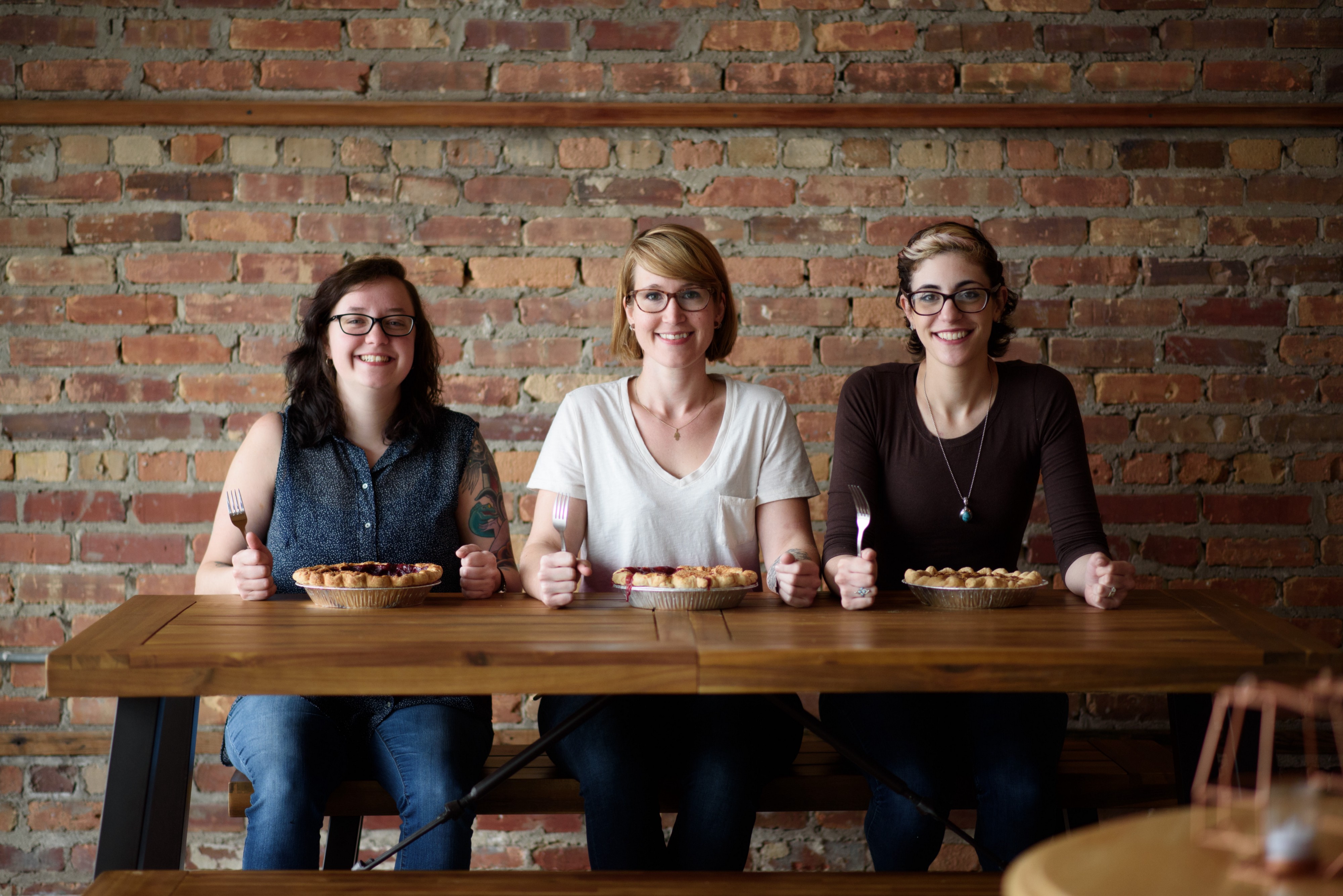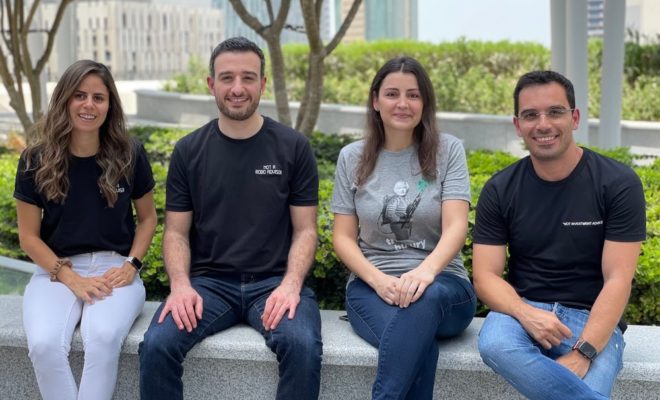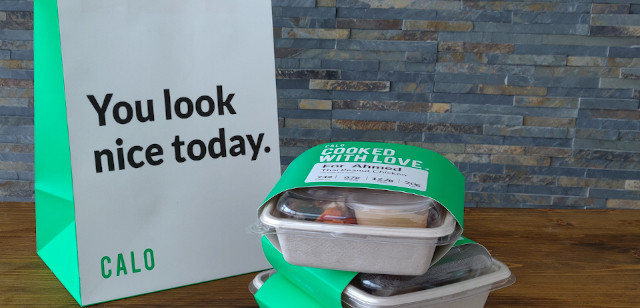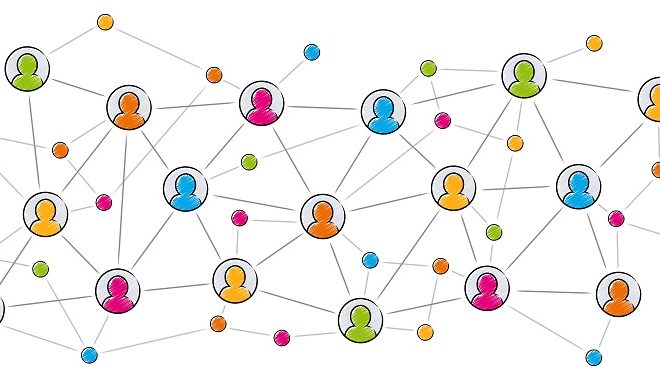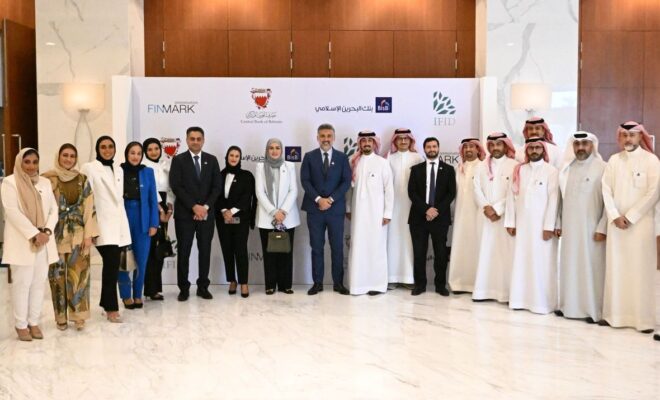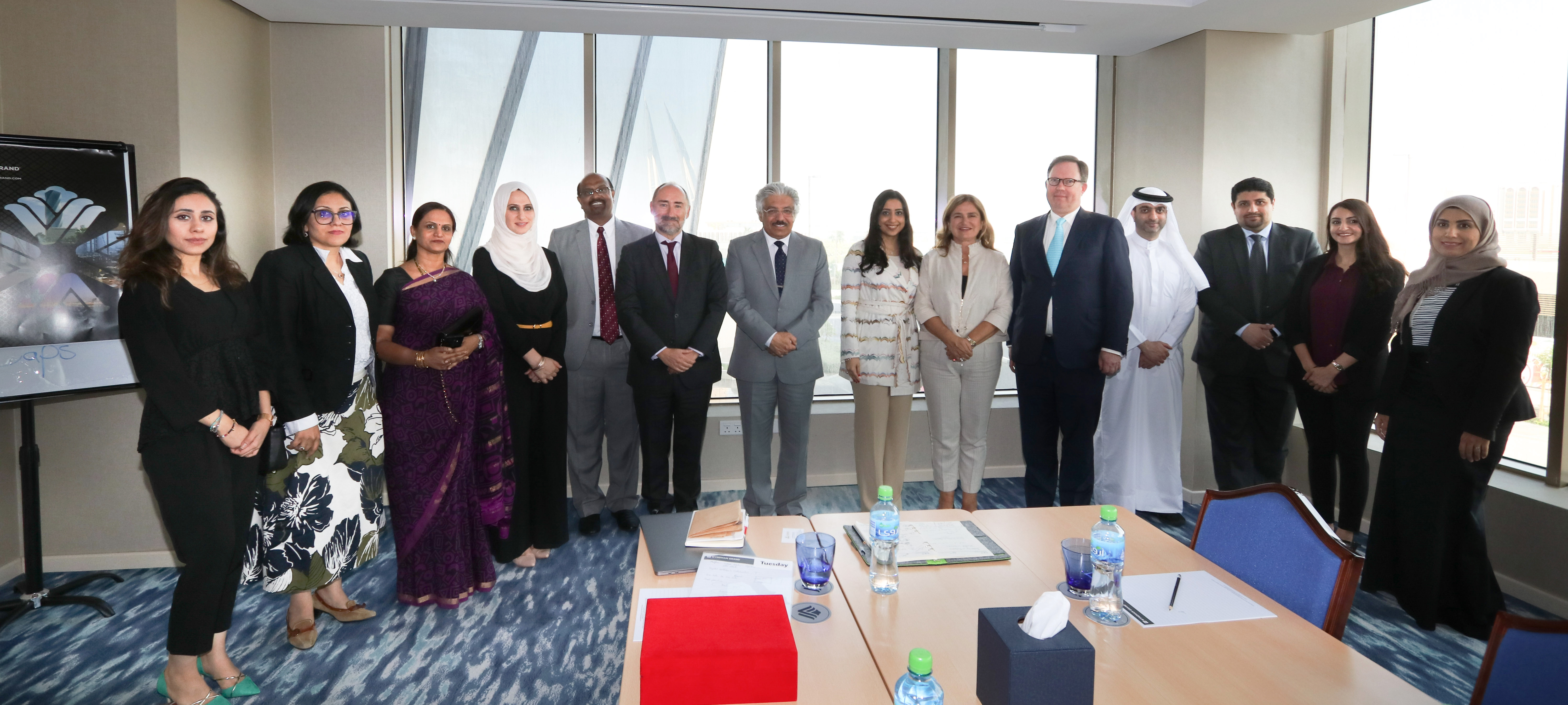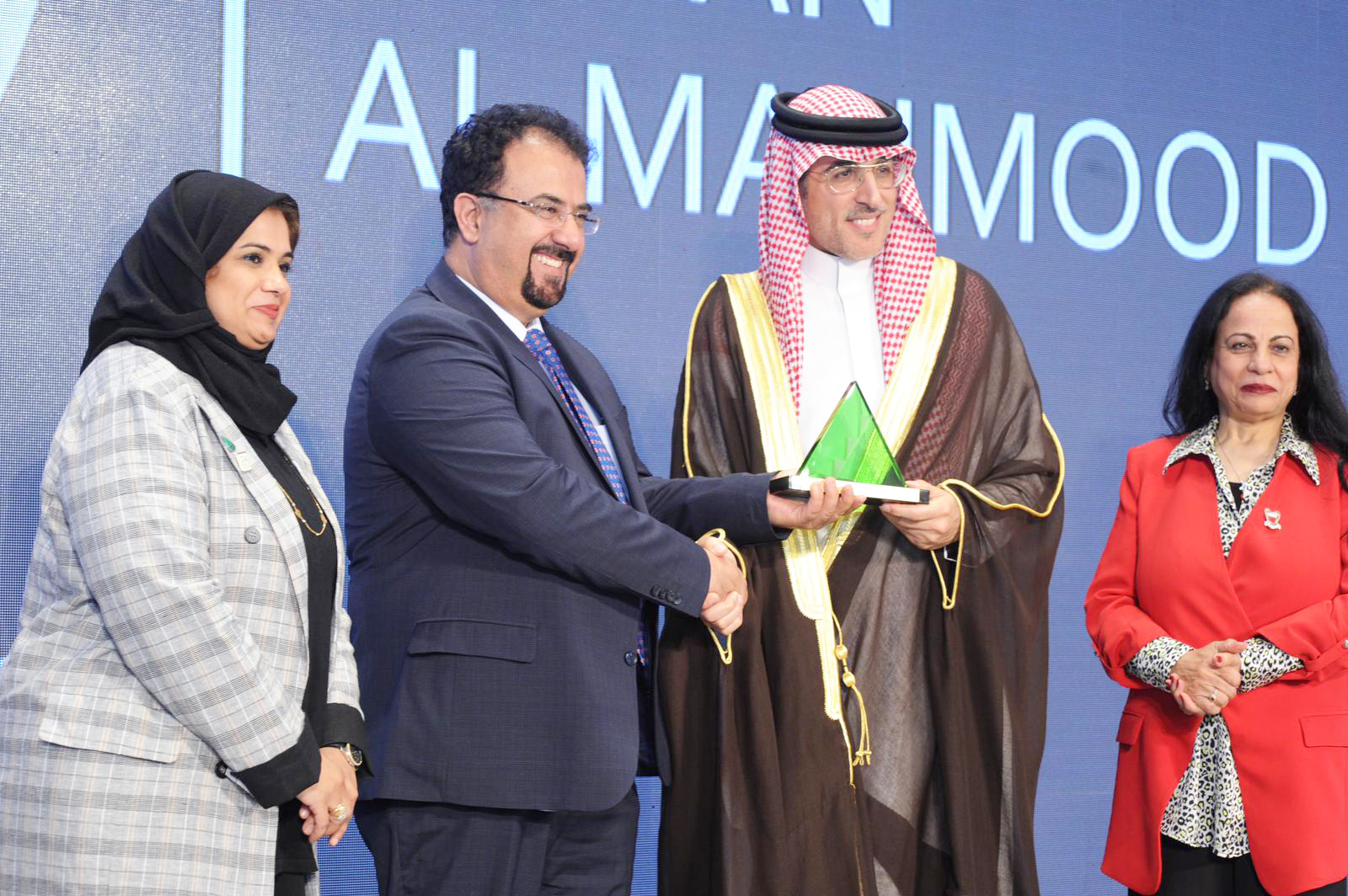Startup Spotlight: Edama Organic Solutions Is On A Mission To Reform Saudi Arabia’s Approach To Waste

Based at the KAUST Research and Technology Park in Saudi Arabia, Edama Organic Solutions is on a mission to transform organic waste into resources for desert agriculture, and thereby aligning social, fiscal, and environmental benefits of the Kingdom’s Vision 2030 with the United Nations Social Development Goals. In simpler terms, this startup aims to promote innovative and sustainable solutions to reduce pollution, while increasing food and water security in desert regions.

Dr. Sabrina Vettori, co-founder of Edama, explains that the enterprise came into being thanks to a question: where does all the organic waste in Saudi Arabia go to? ”Sadly, so far, in Saudi all organic waste ends up in landfills, causing serious issues for public health and the environment,” she says. “Organic waste in landfills generates potent greenhouse gases, such as methane, and pollutes aquifers and local soils by leaching harmful chemicals into the ground.” But Dr. Vettori and Edama co-founder and CTO Mitchell Morton knew that organic waste, if properly recycled, could be converted into precious resources for desert agriculture. It is an insight that came at a critical time for Saudi Arabia’s path to sustainability, Dr. Vettori says. ”My personal challenge was to prove to decision makers that sustainability is not just about doing the right thing for the environment, but it is an economically viable business solution that will lead to benefits to our economy and society and the sustainable development of our cities,” she explains.
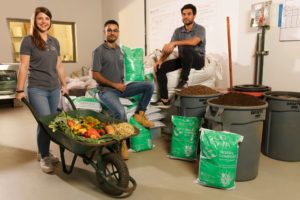
When asked about Edama’s unique selling proposition, Dr. Vettori lists the company’s high-value products and expertise in the organic waste recycling industry. “Compared to other waste management companies, Edama is not just concerned with reducing the amount of waste we send to landfill, but we made it our mission to convert waste into valuable products for desert agriculture and landscaping to support the local farming and tree plantation projects,” she explains. “Plus, unlike our competitors, we do not implement an ‘off-the-shelves’ solution per each project. Our recycling technologies integrate world-class organic waste recycling methods with local needs and proprietary scientific know-how, lowering project risks and increasing the success rate. We work with international partners which gives us access to a portfolio of world-class technologies that we further develop in our labs and adapt to local climate conditions and socio-economic context.”
Source Credit: Entrepreneur


